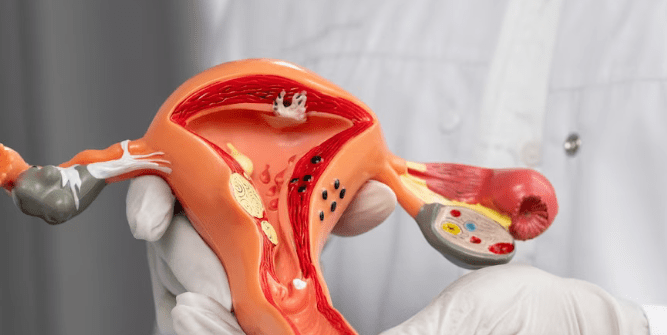Cyst Surgery: Causes and Precautions
Cysts are closed, sac-like structures filled with fluid, pus, or other material. They can develop anywhere in the body and are usually benign (non-cancerous). While many cysts resolve on their own, some may require surgical removal, especially if they become painful, infected, or interfere with normal bodily functions. Understanding the causes and necessary precautions of cyst surgery can help patients prepare better and ensure a smoother recovery.
Common Causes of Cysts
Cysts can form for various reasons, and their cause often depends on their type and location. Some of the most common causes include:
1. Blocked Ducts
- Oil or sweat glands can get clogged, leading to the formation of sebaceous or epidermoid cysts.
2. Infections
- Bacterial infections can lead to the formation of abscesses or infected cysts that need medical intervention.
3. Chronic Inflammatory Conditions
- Diseases like acne or hidradenitis suppurativa can cause recurring cysts.
4. Genetic Conditions
- Disorders such as polycystic kidney disease or Gardner’s syndrome can result in cyst formation.
5. Injuries or Trauma
- Injuries that damage hair follicles or skin can sometimes trigger cyst growth.
6. Parasitic Infections
- In rare cases, parasitic infections like hydatid disease can lead to cyst formation in organs such as the liver or lungs.
When is Cyst Surgery Needed?
While many cysts are harmless, surgery may be necessary when:
- The cyst is painful or tender.
- It grows in size or changes shape.
- It becomes infected or filled with pus.
- It affects movement or function (e.g., in joints or internal organs).
- There is a suspicion of malignancy.
- The cyst is located in a cosmetically sensitive area and affects self-esteem.
Types of Cyst Surgeries
- Excision Surgery
- The cyst is removed entirely under local or general anesthesia.
- Laparoscopic Surgery
- Used for internal cysts, such as ovarian or kidney cysts, involving minimal incisions.
- Drainage Procedure
- If the cyst is infected, it may be drained before full excision.
- Laser Surgery
- In some cases, laser techniques are used for smaller or superficial cysts.
Precautions Before and After Cyst Surgery
Pre-Surgery Precautions:
- Medical Consultation: Inform your doctor about any existing health issues, allergies, or medications.
- Imaging Tests: Ultrasound, MRI, or CT scans may be needed to determine the exact size and location.
- Avoid Blood Thinners: Stop using aspirin or blood-thinning medications as advised by your doctor.
- Fasting: If general anesthesia is involved, fasting may be required 6–8 hours before surgery.
Post-Surgery Precautions:
- Wound Care: Keep the surgical site clean and dry; follow dressing instructions strictly.
- Medication: Complete the course of prescribed antibiotics or painkillers.
- Avoid Strenuous Activity: Refrain from heavy lifting or exercise until cleared by the doctor.
- Watch for Signs of Infection: Redness, swelling, pus, or fever should be reported immediately.
- Follow-Up Appointments: Ensure regular check-ups to monitor healing and avoid recurrence.
Conclusion
Cyst surgery is generally a safe and effective procedure when done under proper medical guidance. Understanding the underlying cause of the cyst and adhering to pre- and post-surgical precautions can significantly improve outcomes and reduce the risk of complications. If you notice any unusual lumps or persistent discomfort, consult a healthcare professional to assess whether surgery is needed.


